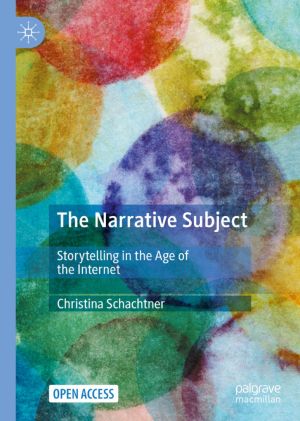
This open book considers the stories of adolescents and young adults from different regions of the world who use digital media as instruments and stages for storytelling, or who make themselves the subject of storytelling. These narratives discuss interconnectedness, self-staging, and managing boundaries. From the perspective of media and cultural ...
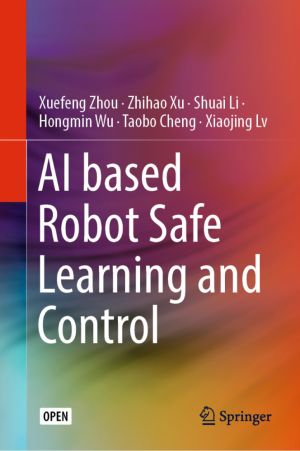
This open book mainly focuses on the safe control of robot manipulators. The control schemes are mainly developed based on dynamic neural network, which is an important theoretical branch of deep reinforcement learning. In order to enhance the safety performance of robot systems, the control strategies include adaptive tracking control for robots w...

This third open volume of the handbook series deals with accelerator physics, design, technology and operations, as well as with beam optics, dynamics and diagnostics. A joint CERN-Springer initiative, the "Particle Physics Reference Library" provides revised and updated contributions based on previously published material in the well-kno...

This second open access volume of the handbook series deals with detectors, large experimental facilities and data handling, both for accelerator and non-accelerator based experiments. It also covers applications in medicine and life sciences. A joint CERN-Springer initiative, the “Particle Physics Reference Library” provides revised and update...

This open book not only describes the challenges of climate disruption, but also presents solutions. The challenges described include air pollution, climate change, extreme weather, and related health impacts that range from heat stress, vector-borne diseases, food and water insecurity and chronic diseases to malnutrition and mental well-being.The ...

A stark departure from traditional philology, What is Authorial Philology? is the first comprehensive treatment of authorial philology as a discipline in its own right. It provides readers with an excellent introduction to the theory and practice of editing 'authorial texts' alongside an exploration of authorial philology in its cultural ...

This book integrates the vital areas of object-orientation, functional programming, design patterns, and language design. The most important concepts from functional programming are captured with six design patterns: FUNCTION OBJECTS (Black-box behaviour parameterisation) LAZY OBJECTS (Evaluation-by-need semantics) VALUE OBJECTS (Immutable values) ...
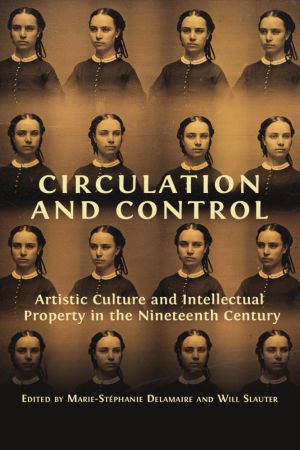
The nineteenth century witnessed a series of revolutions in the production and circulation of images. From lithographs and engraved reproductions of paintings to daguerreotypes, stereoscopic views, and mass-produced sculptures, works of visual art became available in a wider range of media than ever before. But the circulation and reproduction of a...

In a world where information has never been so accessible, and answers are available at the touch of a fingertip, we are hungrier for the facts than ever before - something the Covid-19 crisis has brought to light. And yet, paywalls put in place by multi-billion dollar publishing houses are still preventing millions from accessing quality, scientif...

This timely volume focuses on the period of decolonization and the Cold War as the backdrop to the emergence of new and diverse literary aesthetics that accompanied anti-imperialist commitments and Afro-Asian solidarity. Competing internationalist frameworks produced a flurry of writings that made Asian, African and other world literatures visible ...
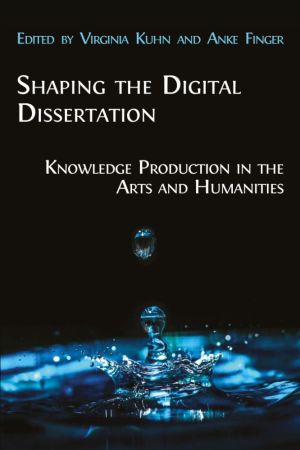
Digital dissertations have been a part of academic research for years now, yet there are still many questions surrounding their processes. Are interactive dissertations significantly different from their paper-based counterparts? What are the effects of digital projects on doctoral education? How does one choose and defend a digital dissertation? T...

William Sharp (1855-1905) conducted one of the most audacious literary deceptions of his or any time. A Scottish poet, novelist, biographer, and editor, he began in 1893 to write critically and commercially successful books under the name Fiona Macleod who became far more than a pseudonym. Enlisting his sister to provide the Macleod handwriting, he...
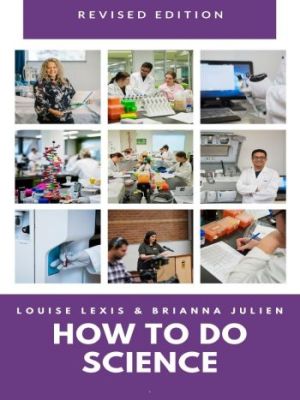
How To Do Science has been written for students of the life sciences who are actively engaged in the scientific process. This guide introduces you to what it means to be a scientist. You will learn about the scientific method and how to carry out many tasks of a scientist, including: designing experiments, visualising data, accessing scientific lit...
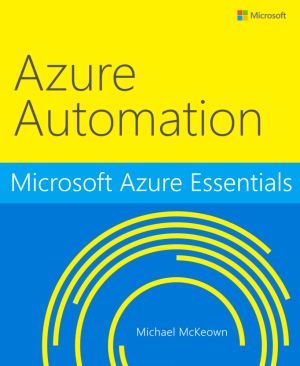
The second ebook in the series, Microsoft Azure Essentials: Azure Automation, introduces a fairly new feature of Microsoft Azure called Azure Automation. Using a highly scalable workflow execution environment, Azure Automation allows you to orchestrate frequent deployment and life cycle management tasks using runbooks based on Windows PowerShell Wo...

In this two-part anthology, Jan M. Ziolkowski builds on themes uncovered in his earlier The Juggler of Notre Dame and the Medievalizing of Modernity. Here he focuses particularly on the performing arts. Part one contextualises Our Lady's Tumbler, a French poem of the late 1230s, by comparing it with episodes in the Bible and miracles in a wide...
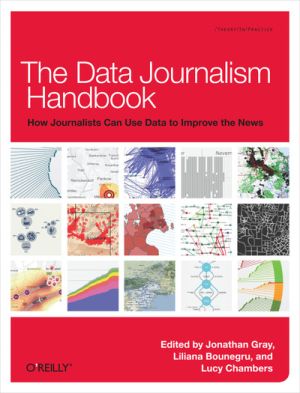
When you combine the sheer scale and range of digital information now available with a journalist's "nose for news" and her ability to tell a compelling story, a new world of possibility opens up. With The Data Journalism Handbook, you'll explore the potential, limits, and applied uses of this new and fascinating field.
This ...
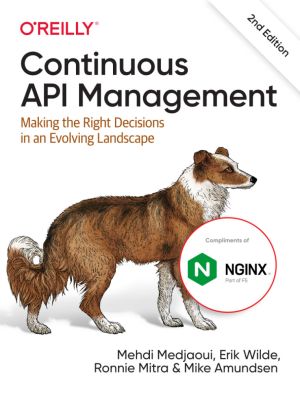
A lot of work is required to release an API, but the effort doesn't always pay off. Overplanning before an API matures is a wasted investment, while underplanning can lead to disaster. The second edition of this book provides maturity models for individual APIs and multi-API landscapes to help you invest the right human and company resources f...

Rich Hickey invented Clojure. This is a fork of the project to experiment with literate programming as a development and documentation technology.
Clojure is a break with the past traditions of Lisp. This literate fork is a break with the past traditions of code development. As such it is intended as an experiment, not a replacement or competiti...

This book is an introduction to the language of systems biology, which is spoken among many disciplines, from biology to engineering. Authors Thomas Sauter and Marco Albrecht draw on a multidisciplinary background and evidence-based learning to facilitate the understanding of biochemical networks, metabolic modeling and system dynamics.
Their pe...
